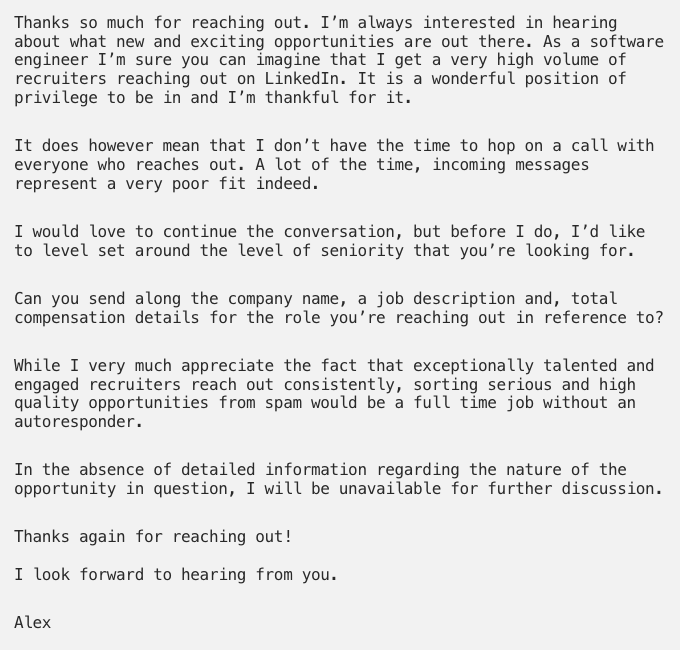We all get asked for favors on a daily basis, sometimes on an hourly basis. Most aren’t really favors, they’re just requests for something the person probably is getting paid to do or it’s their responsibility, but it sounds nicer if we say it’s a favor. I get asked for a lot of favors and I probably go overboard on trying to accommodate most. I can blame my Midwest upbringing, but honestly, most folks asking for a favor find it hard to ask to begin with and I know that. Having the courage to ask should be rewarded.
I had to ask for a favor this week. Kind of big favor (you know who you are if you’re reading this – thank you for your help!) that had to do with my business. Because I tend to give a lot of favors, I don’t feel nervous about asking, but I also don’t ever assume the favor will be granted. I go in eyes-wide-open, I’m giving favors without any guarantee that someone will be able to give me a favor back in return. But, it’s rare when someone can’t.
I find business can frequently be a favor economy. It’s not always about signed contracts and cash changing hands. In fact, most of the business I do is paid in favors, with the hope that one day a signed contract and cash might come!
The biggest favor I ever asked was when I wrote my book. I went out to my entire network and asked them to buy a book. That’s a big favor! To the tune of $24.95. I could actually put a price on that favor. The reality is, most favors we would consider much more valuable. The book favor was less about the $24.95, and more about the support of my content and all that I had given to our community for many years. The funny thing about that favor is while so many bought the book and made it very successful, not as many as I thought bought the book as I expected. Turns out, $24.95 is a giant favor to ask of some folks!
In comparison, I’ve asked folks for the favor of an introduction that has turned into a seven-figure deal for my company. That same person wouldn’t spend $24.95 on my book, but they would give me a seven-figure introduction! It’s ironic how we value favors!
Favors are the currency of our everyday business interactions. You need something from me, regardless if I’m getting paid for it or not, and if you give me a favor it almost is a guarantee that I’ll reply with a favor back. Yet, we place no monetary value on favors. Well, at least most people don’t place a monetary value on favors! But sometimes we run into someone that has a definite favor they need in return that might turn into a monetary or resource-driven favor that is really hard for us to obtain.
I’ve had many folks in my life, as a favor to me, push a candidate I was supporting in front of the hiring manager with a good word. No guarantee of hire, but getting to the top of the pile sometimes if the push you need to get some of that “favor” luck! I’ve done the same, too many times to count. We’ll say it’s just our job, but in reality, it’s more than that.
I believe it is in our nature to want to give a favor. Not because we’ll get something in return, but because we like to help others. I truly believe this is a built-in emotion of the human condition. If we can do something for you, that will help you, at a fairly low cost to ourselves, why wouldn’t we want to grant that favor? It gets a bit tricky as the cost to ourselves starts to feel uncomfortable.
No big aha moment to end on. Just simply think about all the favors you give and take today as you navigate around. It happens so often, sometimes we forget how common it is.


